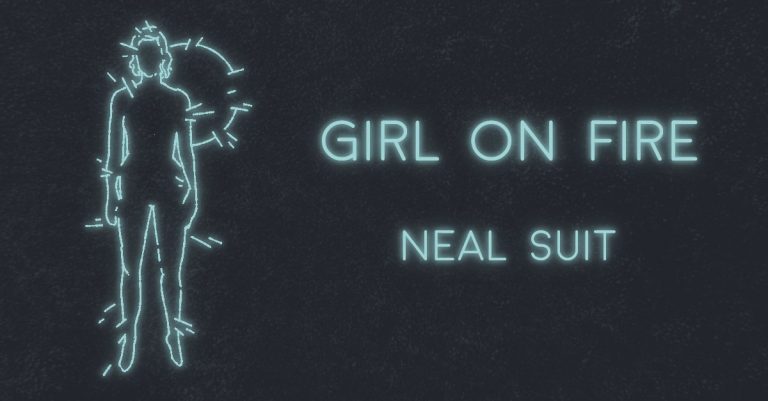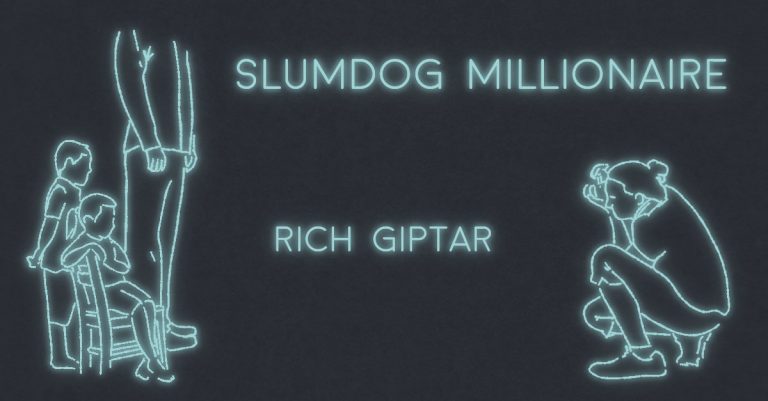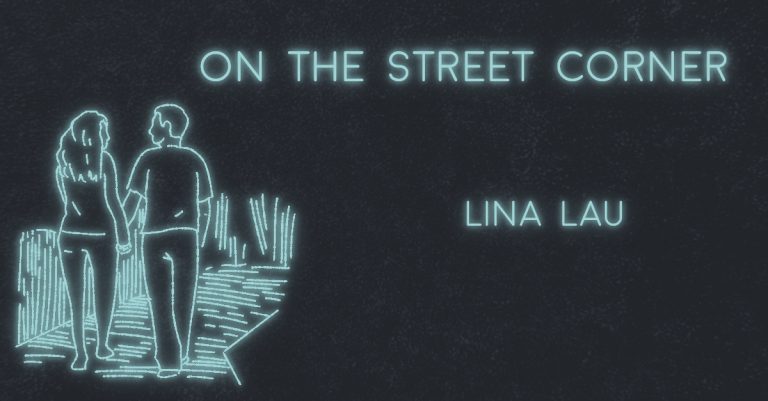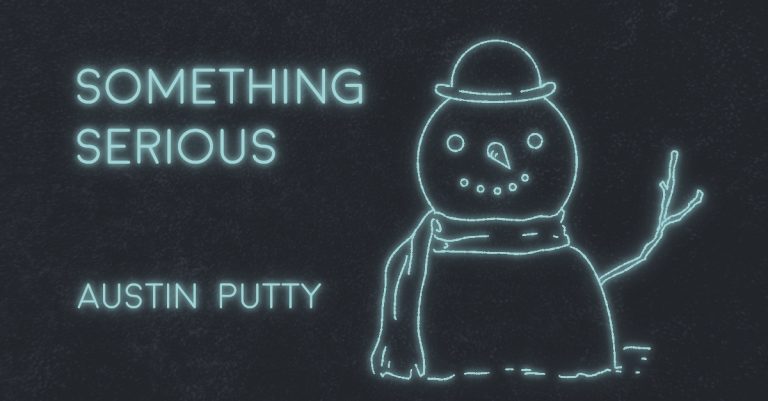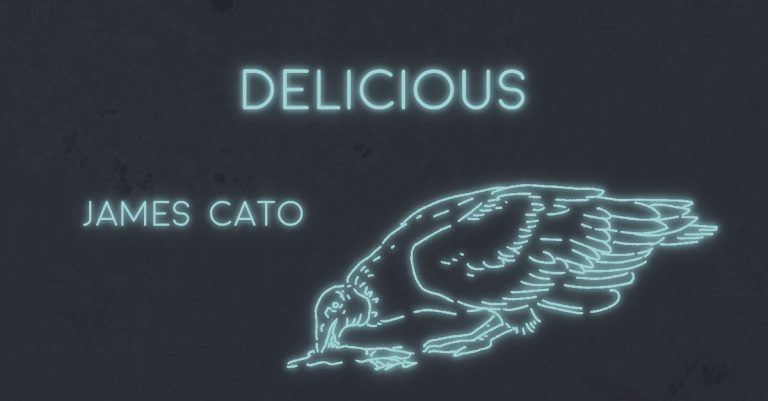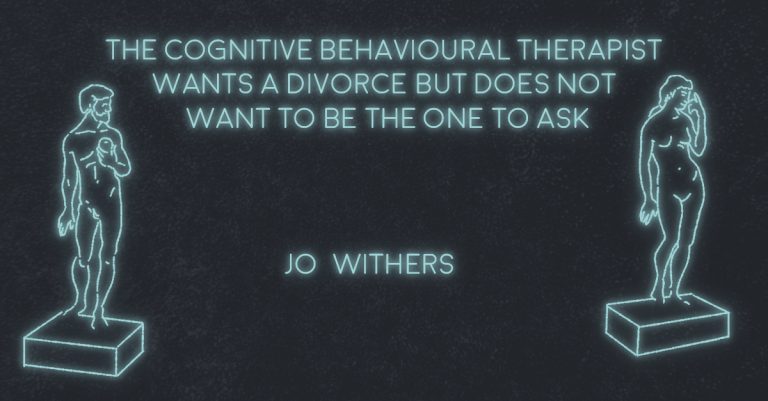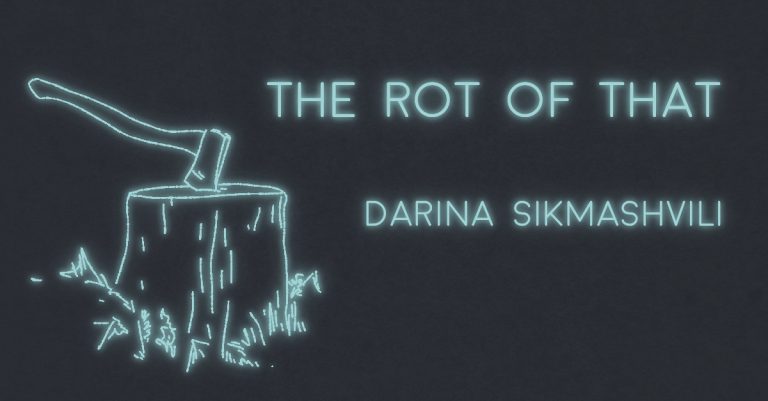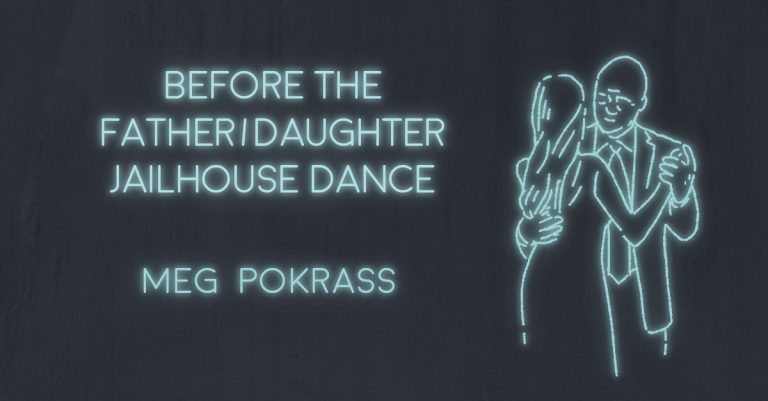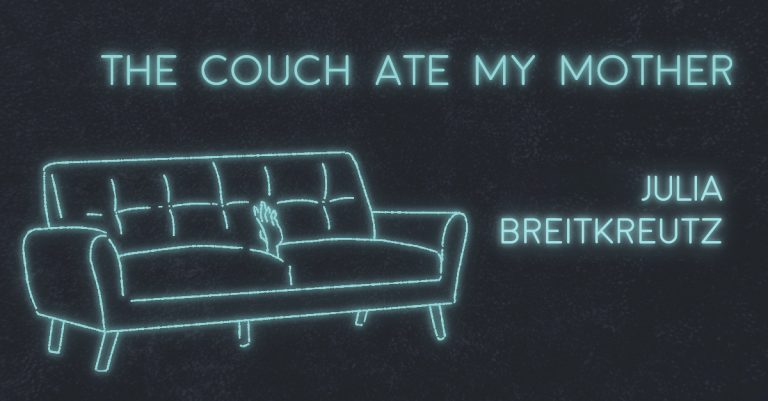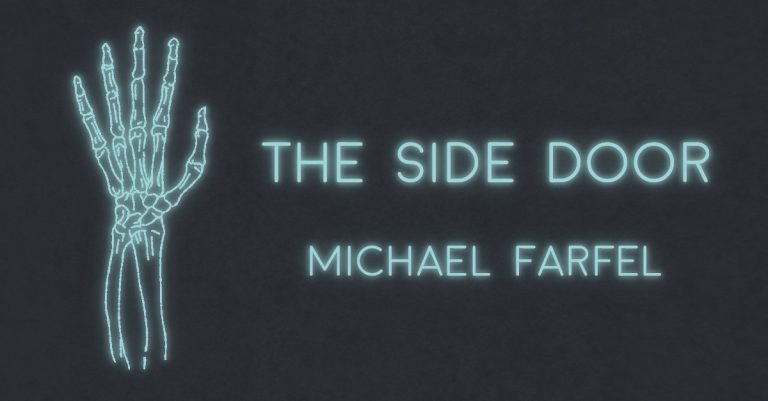
THE SIDE DOOR by Michael Farfel
Wendy wore black. He loved that most about her. She made her way over, careful, slow steps, like a deer, like he was extending bits of food. “Your arms are smaller than mine. I just need to loosen that nut. But I can’t reach it,” Carl said over the exposed engine. “Smaller,” she repeated and made a show of flexing her arms. He laughed, “You’re just more compact, is all. Come on, sweetheart. Give it a throw?” She pulled her hair into a ponytail. Maybe it was her hair he loved most. She bent over the engine and maneuvered the

